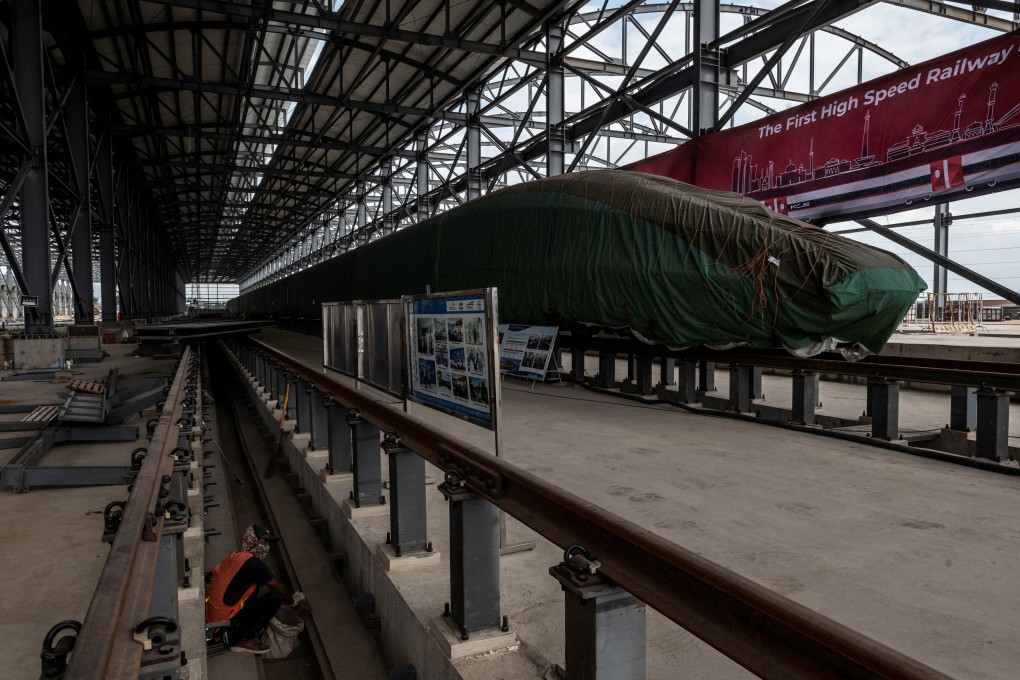Advertisement
The View | New era of China’s Belt and Road Initiative will see less risk and more focus
- Many countries that host belt and road projects are struggling, partly because of global economic conditions but also from dubious governance
- The new era of China’s initiative is likely to see a more focused portfolio, greater international cooperation on finance and repaired relationships
Reading Time:4 minutes
Why you can trust SCMP
2

Some of China’s Belt and Road Initiative projects have not been doing well, and it is not all China’s or the host countries’ fault. From the Covid-19 pandemic to Russia’s invasion of Ukraine, many developing economies are struggling. Add to this the environmental disasters from climate change, such as the massive flooding in Pakistan.
Since the initiative’s inception, China has disbursed about US$1 trillion across almost 150 countries, becoming the global leader in providing financing to developing nations. However, China’s outward foreign direct investment (FDI) only ranked fourth in 2021, behind the United States, Germany and Japan.
Borrowers’ capacities to repay debts are hampered by inflation and rising interest rates in an environment of high energy and food prices. According to the International Monetary Fund, about 60 per cent of low-income countries are struggling with debt distress.
Advertisement
While no one could have anticipated today’s adverse global economic climate a decade ago, many countries China ventured into are not well-governed or resilient economies. Guided by a grand vision and geopolitical considerations, some of China’s projects have not been sound business based on prudent economic analyses. Some countries facing particular challenges are in Central Asia and South Asia, including Tajikistan, Kyrgyzstan, Pakistan and Sri Lanka.
China’s approach of extending the maturity of distressed loans might not be sustainable. This often just delays the inevitable rather than confronting underlying problems. The time has come for writedowns which can reveal the true performance of belt and road portfolios, providing the basis for course corrections.
Advertisement
Advertisement
Select Voice
Select Speed
1.00x
